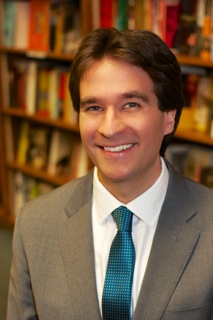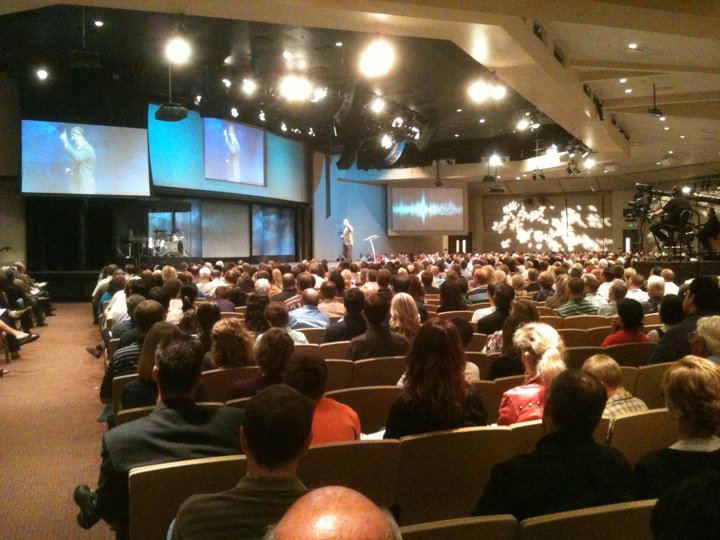Why Millennials Are Skeptical of Everything

By:
There is some irony to this article. I’m a 29-year-old rabbi writing for a media outlet about skepticism that our generation has about both religion and the news media. So feel free to be very skeptical about anything I write here. In fact, skepticism is probably a reasonable (if unfortunate) way to approach both institutions today. It is a skepticism well-earned.
RELATED: Report: Millennial Views of Religious Institutions Dips Even More
The data that have drawn the attention of many pundits come from a new Pew Research study. It suggests that “...for some institutions – such as churches and the news media – Millennials’ opinions have become markedly more negative in the past five years.” It indicates that we’re now down to only 55 percent of Millennials who believe that churches (and presumably other religious institutions) “have a positive impact on our country” while only 27 percent say that the news media “has a positive impact on our country.”
But is anyone really surprised?
 Wikimedia - wikimedia.org
Wikimedia - wikimedia.org
In the past decades, we have seen scandal after scandal break from within religious institutions. From abuse scandals in the Catholic Church and revelations about sexually abusive rabbis to discussions by pastors about wanting to buy private jets with donated money, religious leaders have let us down time and time again.
As a young rabbi, I know how difficult it can be to fully live out the precepts of one’s religion at every moment of every day. I am far from perfect in doing so. But the stunning hypocrisy of abusive or corrupt religious leaders – and at times the institutions that at times protected malfeasant leaders – merits the skepticism of our generation. Trust is now earned, not assumed. Perhaps that is as it always should have been. Blind faith in religion, much less its very human leaders, has always been problematic.
My hope is that in the coming decades, religious leaders and institutions can show the extent to which values, when lived out through community, can become a force for positive social change. But the initial skepticism many Millennials have is warranted. The question is really whether religious communities and institutions can rise to the challenge and truly become sources of meaning for our lives.
Can religious institutions change?
If religious institutions are under scrutiny, then the news media deservedly has us up in arms. News (or that which masquerades as such) has become so slanted and skewed as to become genuinely unreliable. Everything is an opinion piece, and much of the information presented as “fact” has a fantastical quality to it. At best, we receive incomplete information. At worst, news media actively manipulates us.
Trends from the Pew study do not merely capture the reality that Millennials have become more skeptical of the news they receive, but also the extent to which the news media itself has changed. Some have suggested that the emergence of new, online media sources has brought us back to a time of pamphleteering, in which ‘facts’ often go unchecked and there are no common sources of information within our society. Sensationalism wins out over data and anecdotes win out over research.
It was about the time when comedian Jon Stewart was anointed the most trusted person in America for his snarky, brilliant quips (often about the unreliability of news sources) that I realized just how much the very idea of media and news had undergone an enduring shift.
So, yes, Millennials are skeptical of religious institutions and news media. But shouldn’t we all be? The Pew study confirms trends that should be present across generations and unsurprising to any of us.
Rabbi Joshua Stanton serves as an Assistant Rabbi at Temple B'nai Jeshurun in Short Hills, New Jersey.
